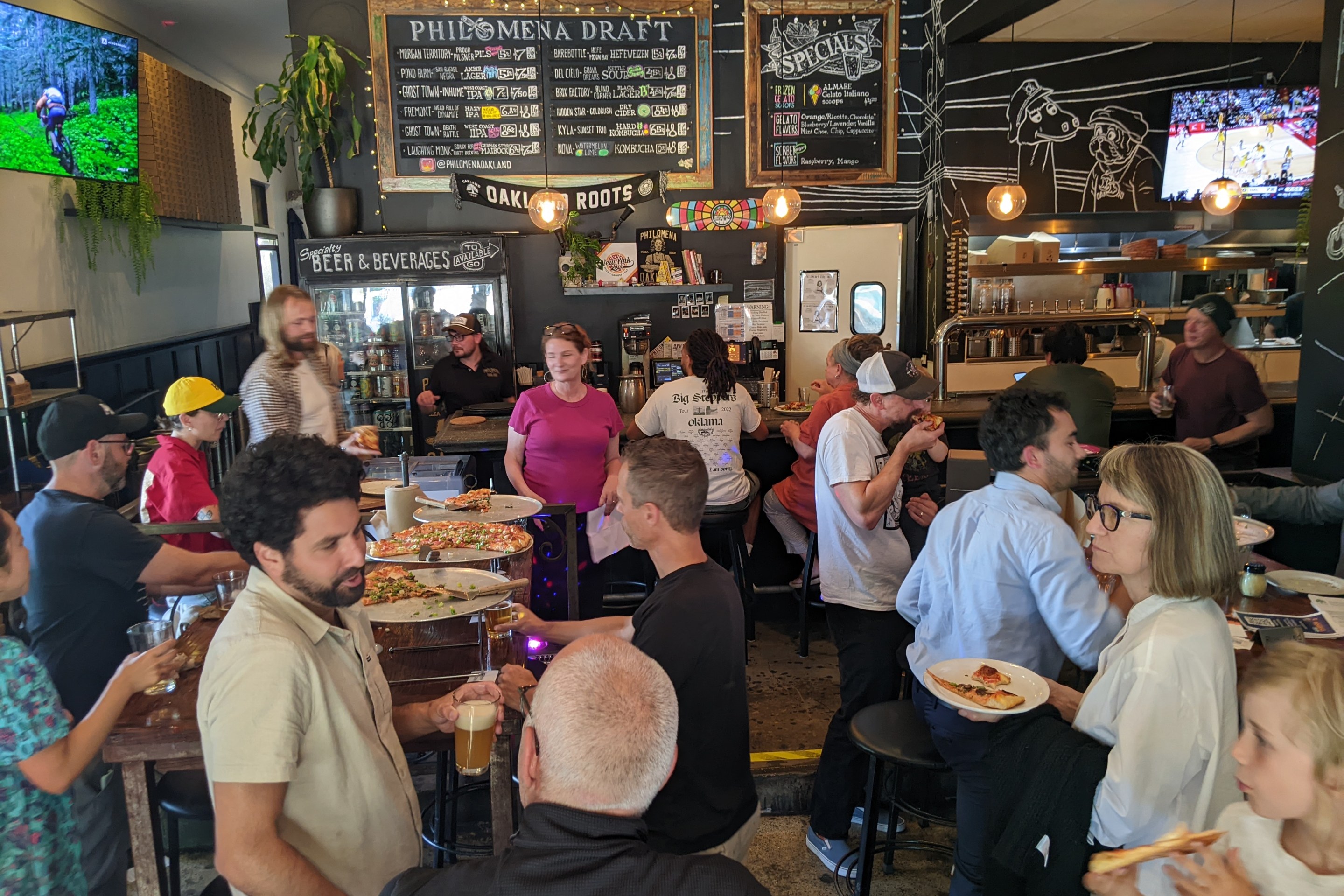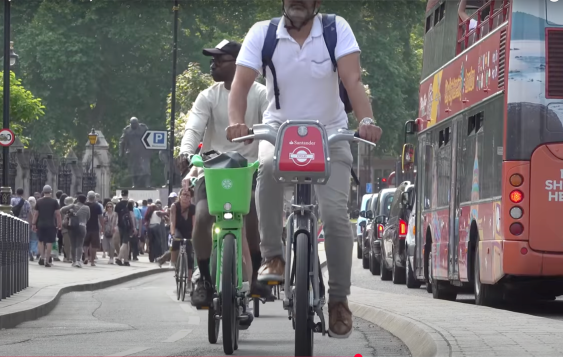The California legislature returned from its summer break last week and now has one month to finish all the business it started in this session.
If it can.
Pending issues include a bill that would extend current greenhouse gas emissions goals past 2020, creating an expenditure plan for the Greenhouse Gas Reduction Fund, and finding agreement on transportation funding as called for by Governor Brown with the Transportation Special Session.
It's not clear whether any of these three issues will actually be resolved before the session ends on August 31, the last day either the Senate or Assembly can pass any bills.
Greenhouse Gas Reduction Targets
During an interview with reporters last week, Senate President Pro Tem Kevin de León renewed his commitment to extend the greenhouse gas reduction targets beyond 2020 via legislation “one way or the other,” but he did not commit to any specifics. Currently S.B. 32, which would extend and expand the 2020 targets laid out in 2006's A.B. 32, is still in play, but it's not clear whether it has enough votes to pass right now.
The California Air Resources Board has already put forward a plan to reduce emissions beyond the 2020 target, but that is an administrative action that could be changed should a future governor decide to do so. By setting targets via legislation, whether in S.B. 32 or some other future bill, lawmakers would be better assured that the targets would stay in place.
The disappointing results of the most recent cap-and-trade auctions has created some urgency around this, as some believe the results were due to uncertainty about the future of the program in light of the targets ending in 2020.
To complicate matters......there is disagreement about whether any bill setting targets for greenhouse gas emissions would need to be approved by two-thirds of the legislature, or if it could be passed by a simple majority. The confusion stems from a lawsuit by the California Chamber of Commerce, which lost but is on appeal, that claims that the cap-and-trade program is a tax.
If S.B. 32 only needs to pass by a majority of legislators, as others believe, it still needs votes from some of the so-called “business-friendly” Democratic legislators who have opposed climate change policies that they fear are harming the oil industry in California.
It seems simple enough: S.B. 32 calls for the state to set targets to reduce greenhouse gasses to 40 percent below 1990 levels by 2030. But politics are also getting in the way of the bill, including an ongoing effort to gut the Low Carbon Fuel Standard in return for approving the targets. “That's off the table—it's not going to happen,” de León said flatly last week. “We will not negotiate a bad deal.”
Greenhouse Gas Reduction Fund
Outside of the budget process, a separate expenditure plan decides what to do with revenue from the cap-and-trade program, which goes into the Greenhouse Gas Reduction Fund (GGRF). Currently, 60 percent of the money is divided by formula to fund specific projects, including High Speed Rail, the Affordable Housing and Sustainable Communities program, and several transit programs.
However, left undecided the past several years is how to spend the remaining 40 percent of the funds. At his press conference last week, Senator de León said, “We should spend the GGRF this year, so we can reduce carbon now and create jobs now.” He said that the Senate plans to release its expenditure plan some time this week, and that he “will work closely with my colleagues in the Assembly to find common ground” on priorities.
Transportation Special Session
Governor Brown called two special sessions last year, outside of the regular legislative session, to deal with extraordinary problems related to health care and to transportation funding. The health care special session concluded earlier this year after passing a number of bills, but the transportation special session dwindled away after a number of informational hearings in both the Senate and the Assembly, and several bills were introduced and heard, but never passed.
The special session was tasked with both finding funding for transportation and figuring out what to spend it on, but legislators never found agreement on basic priorities. Some Democrats called for increasing gas taxes, which have not produced enough revenue for the state to pay for infrastructure needs for many years, but Republicans balked and demanded spending cuts. They also demanded that money from the Greenhouse Gas Reduction Fund be used to fund road repairs, claiming that smoother roads would reduce greenhouse gas emissions.
Meanwhile everyone complained of roads badly in need of repair, and advocates pointed out that California has spent too much on expanding highways and not enough on maintenance, transit, or infrastructure for people who don't drive cars.
The last bill introduced in the special session was an omnibus bill by Senator Jim Beall, chair of the Senate Transportation and Housing Committee, which included a little bit for everyone as a way to bridge the disagreements on priorities. Now he and Assemblymember Jim Frazier, chair of the Assembly Transportation Committee, say they have hammered out an agreement, but as of yet there is nothing in writing.
It is likely the compromise bill will include money for roads and for freight, which is Assemblymember Frazier's pet concern, as well as some for transit. It will also likely include funds for the Active Transportation Program. Stay tuned to find out whether that means the $100 million advocates have been requesting, or some lesser amount as a result of compromises made in the process.
The special session is not subject to the August deadline, which means that it can keep going until the end of November. If no bill is passed by the end of August, it's likely that nothing much will happen until after the election, as many legislators will be occupied with their re-election efforts during the fall.
Email tips, alerts, press releases, ideas, etc. to melanie@streetsblog.org.
For social media coverage focused on statewide issues, follow Streetsblog California @streetsblogcal on Twitter, or like our Facebook page here.






